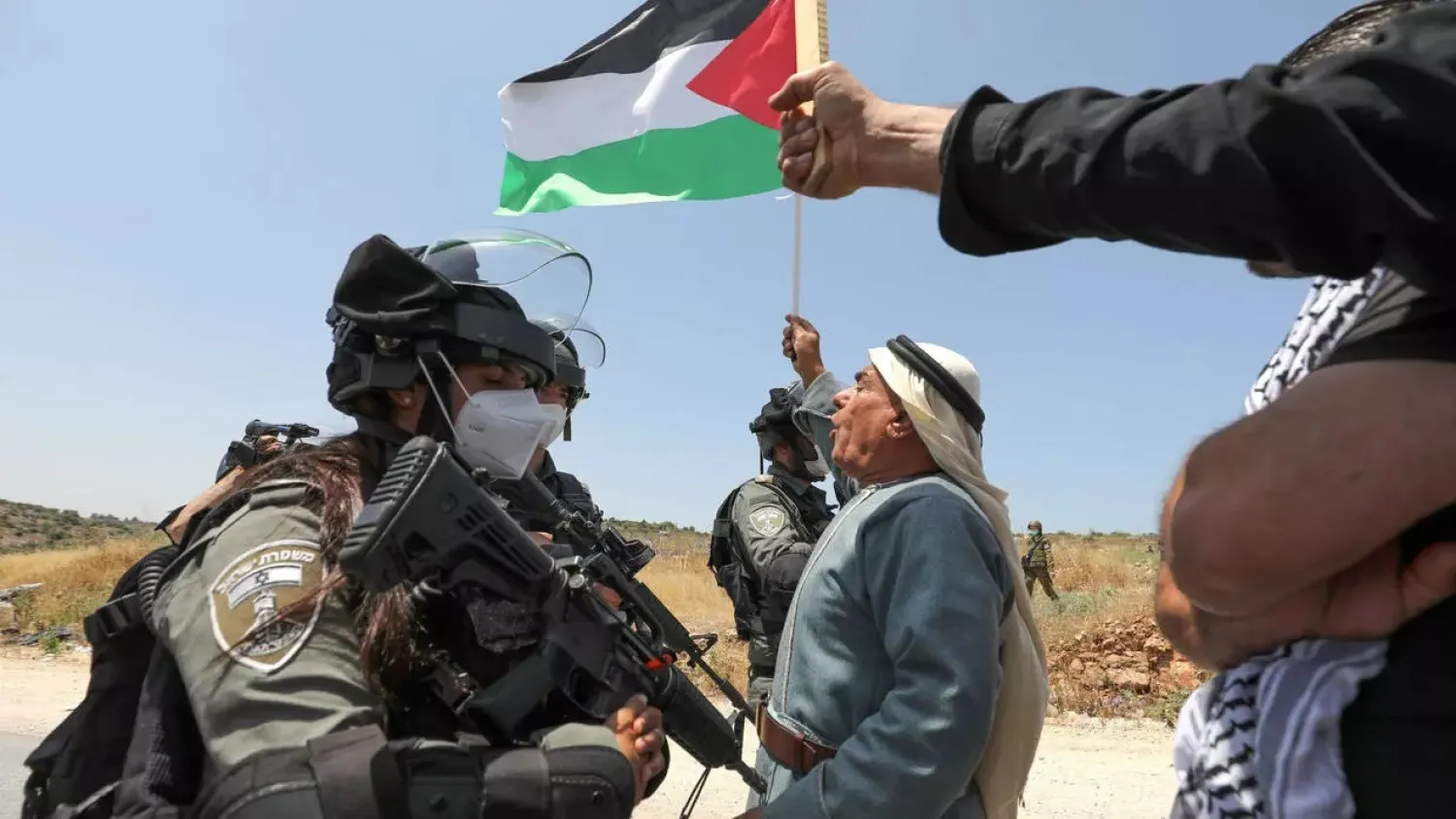Hamas has test-fired missiles from Gaza Strip to the sea, Israeli media revealed Saturday. This is part of al-Qassam Brigades' attempts to strengthen its military capabilities.
Hamas trials aim to boost military capability and efficiency of missiles, and to improve their scope, the Israeli security agencies revealed.
The missile launches are a cause of concern for Israeli settlers who reside near the Gaza Strip border.
The Israeli navy has repeatedly warned that Hamas may be seeking to carry out attacks by sea, just as the Fatah movement and other Palestinian factions had done in the 1970s.
Israeli media reported military concerns that Hamas and the Islamic Jihad may target gas platforms near Ashkelon during any future confrontation.
Hamas has claimed to have upgraded its missile capabilities since Israel’s last war against the Gaza Strip in 2014.
The Yedioth Ahronoth daily said Hamas and the Islamic Jihad will likely respond to Israel’s annexation plans by launching attacks from Gaza. Their recent firing of incendiary balloons may only be the beginning, it warned.
Activists had in recent days launched such balloons from Gaza towards Israel after a months-long halt.
The newspaper said the launches were a show of force and a warning to Israel that the factions would resort to old methods, which Tel Aviv had struggled to contain.
Activist Abu Yassir said: "The resumption of firing balloons came in response to Israeli violations against Al-Aqsa Mosque, as well as the decision to annex parts of the West Bank." He also said firing balloons will increase if Israel moved on with its plans against Palestinians.









